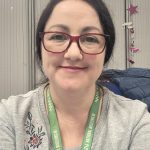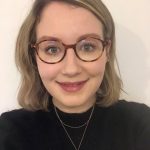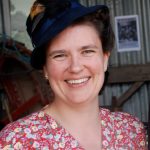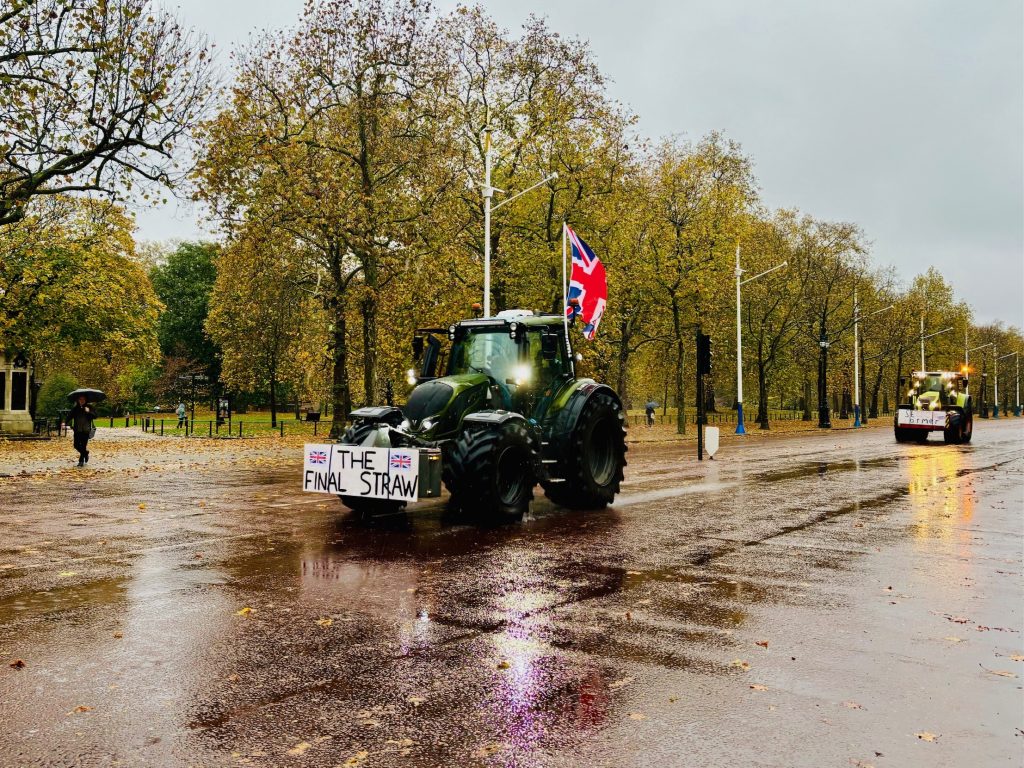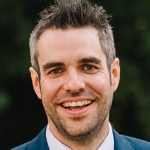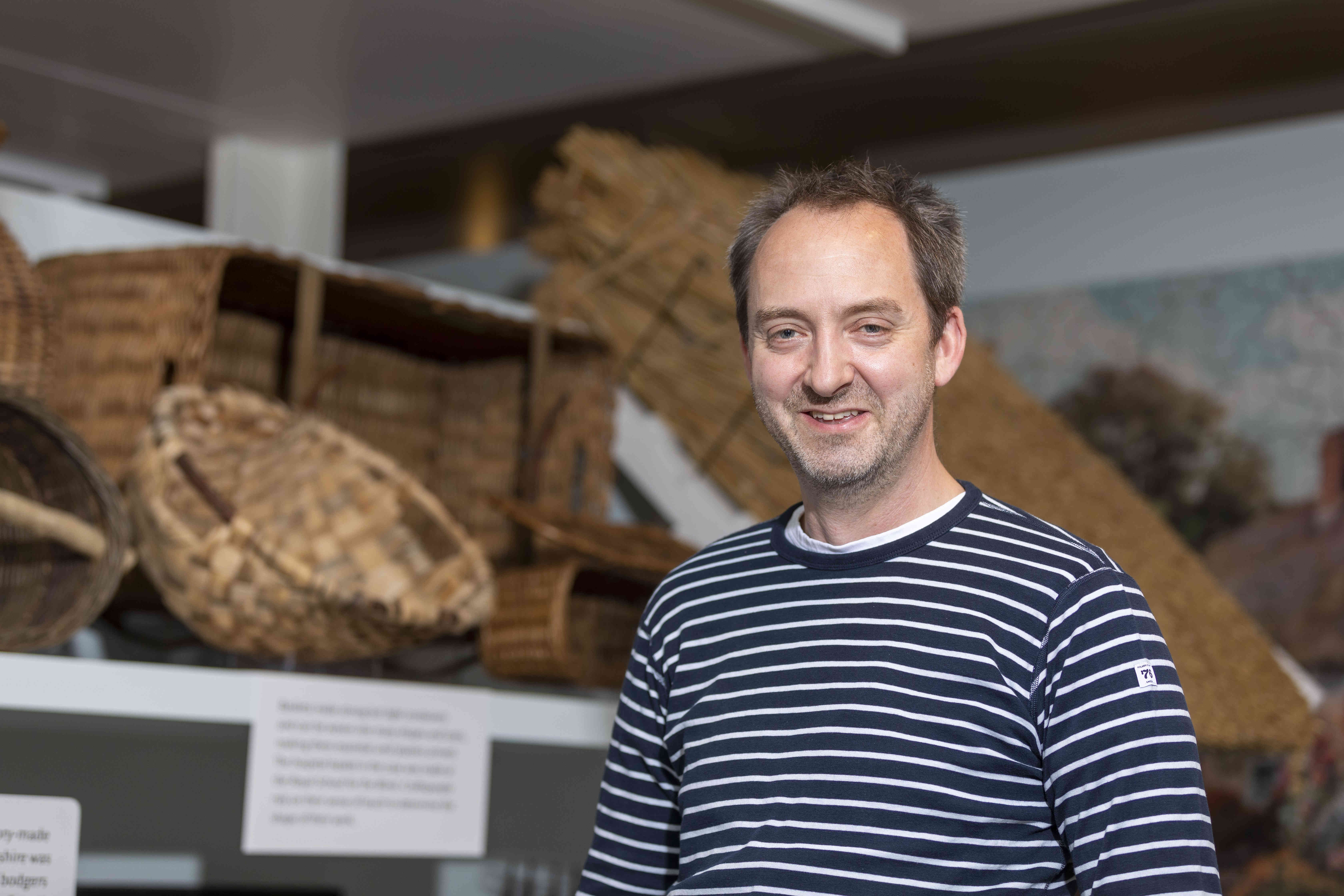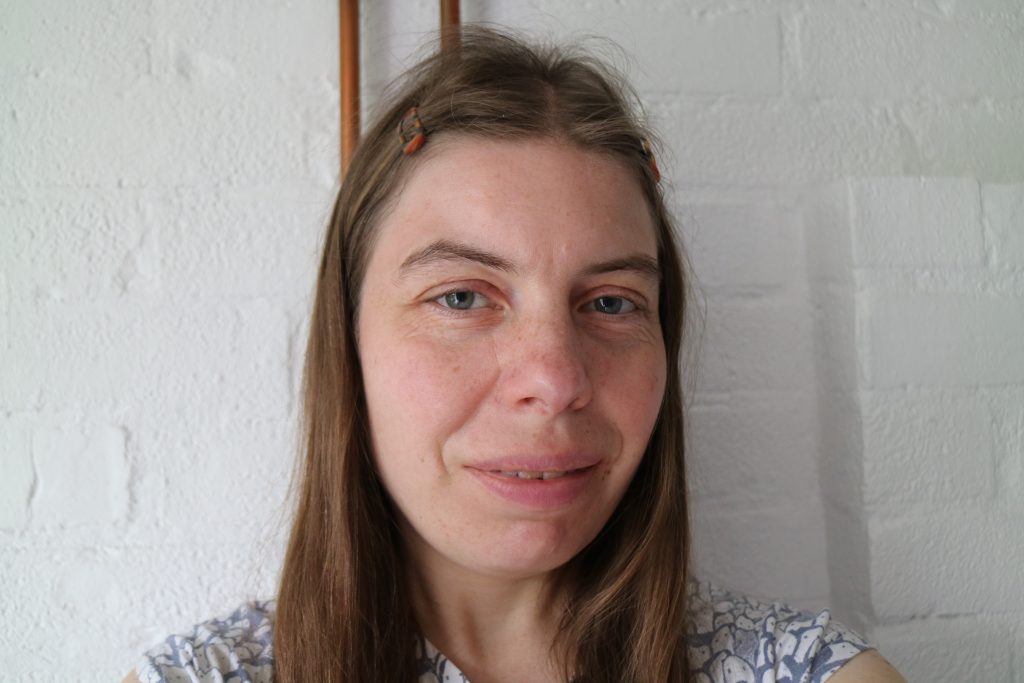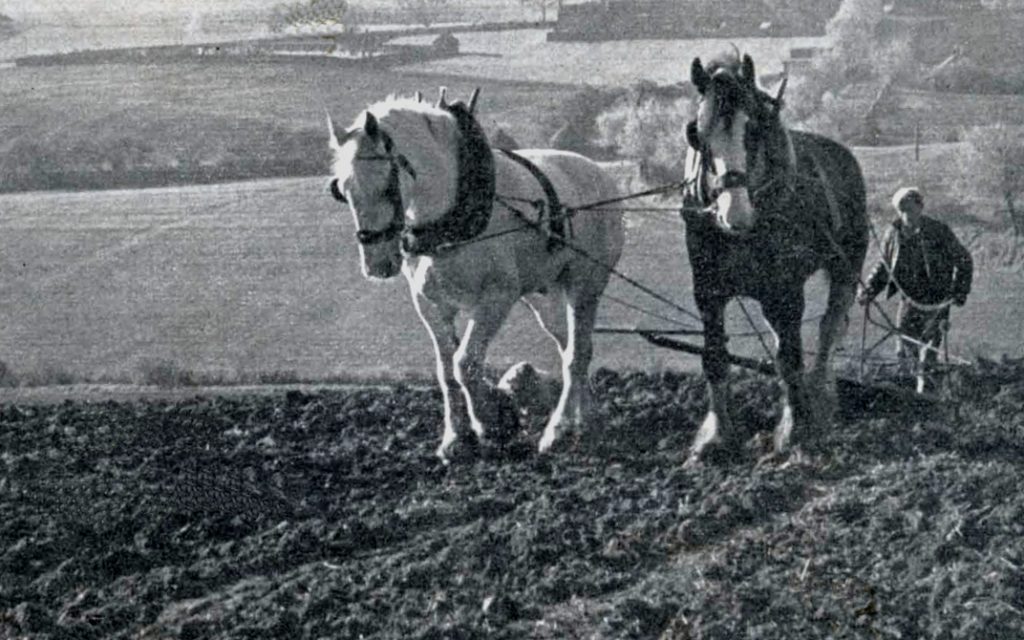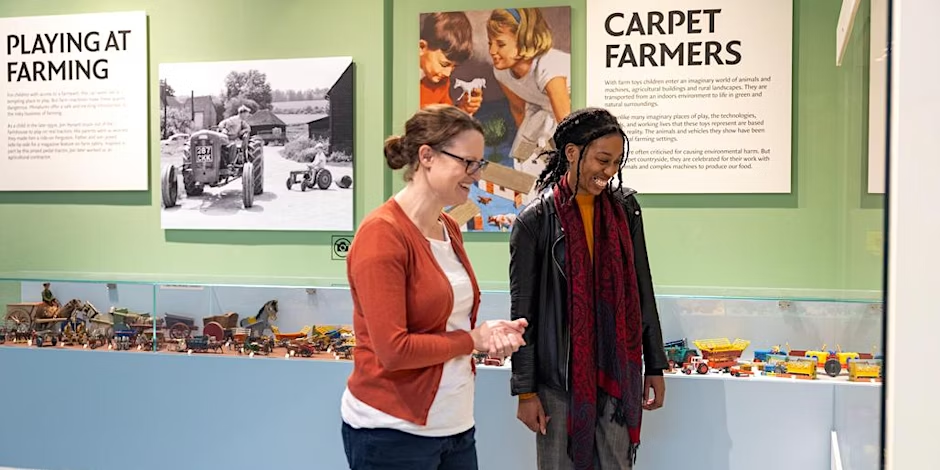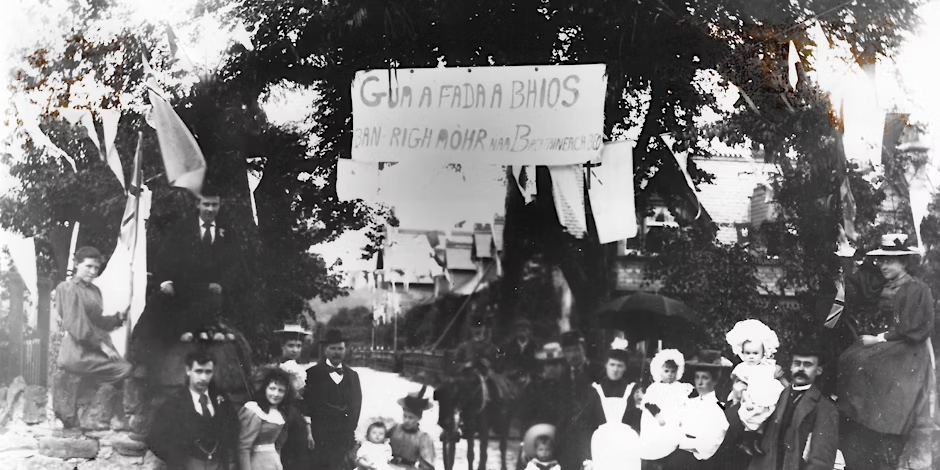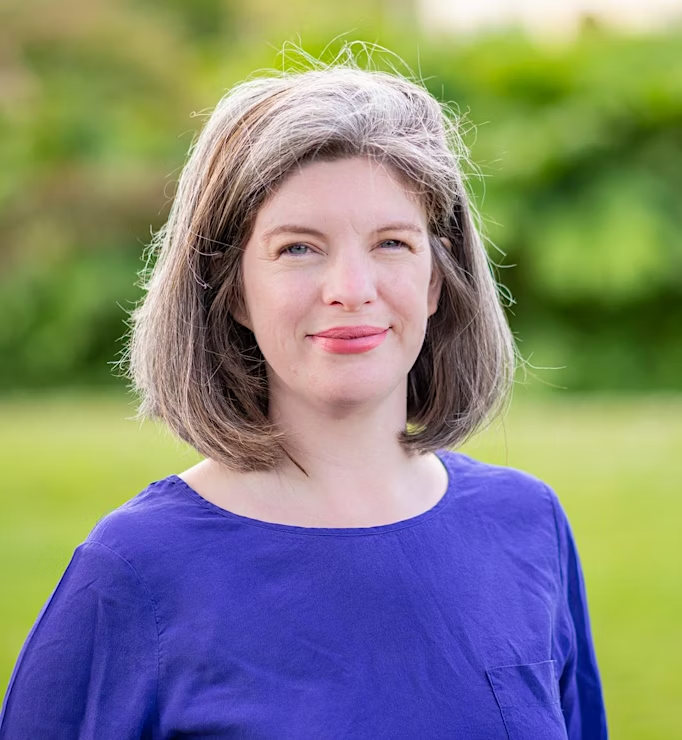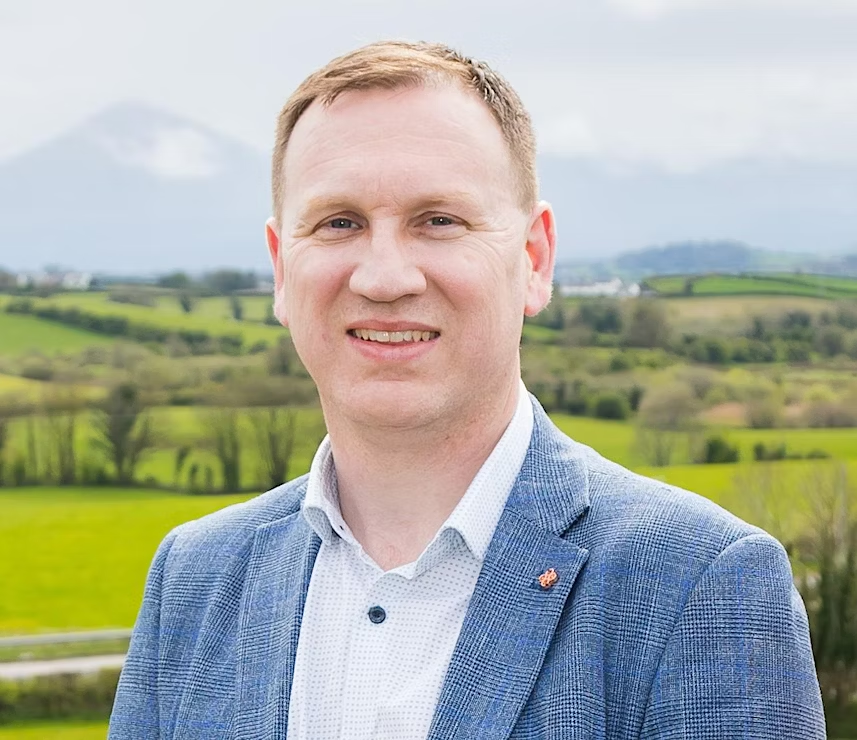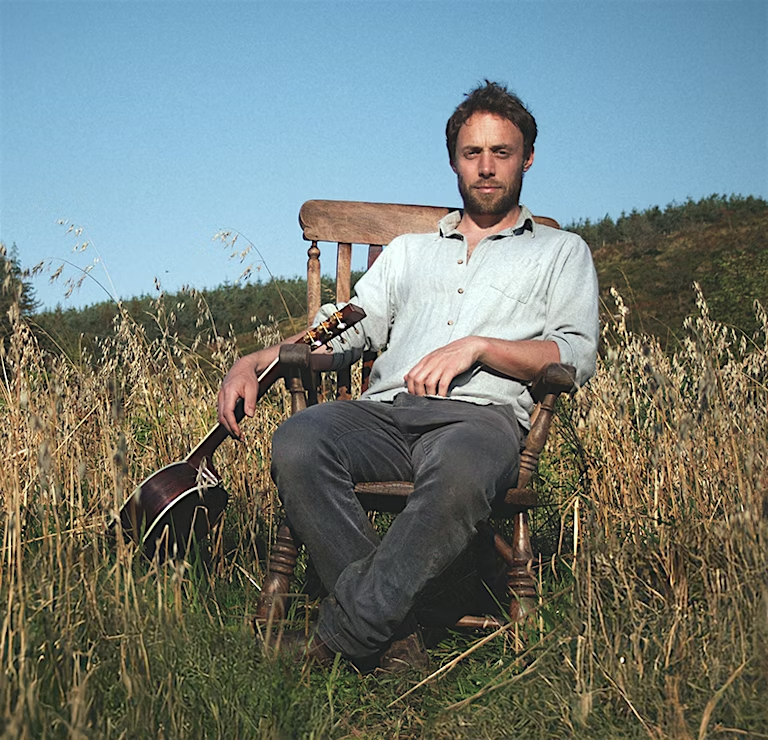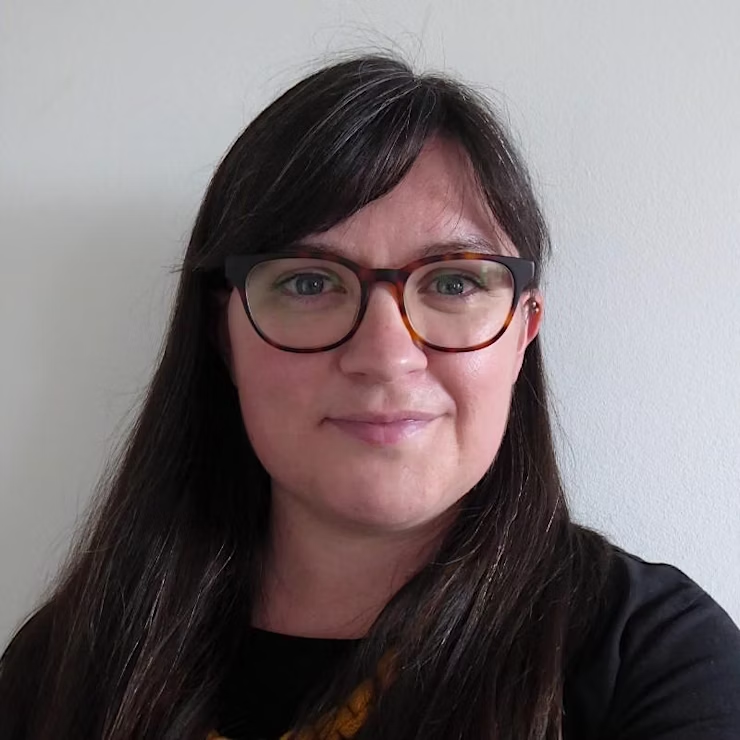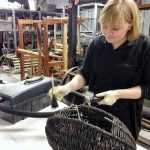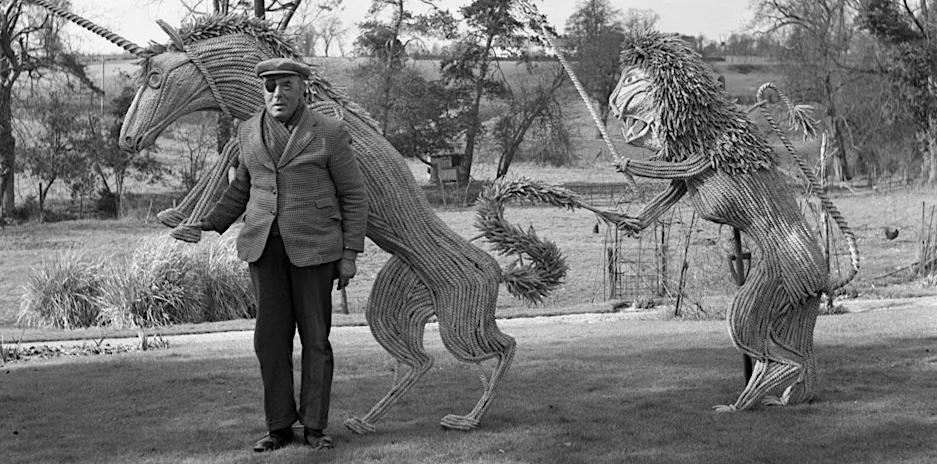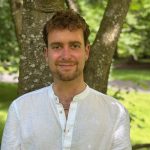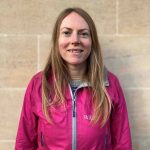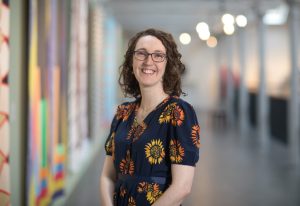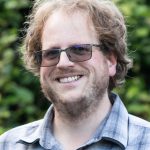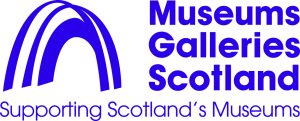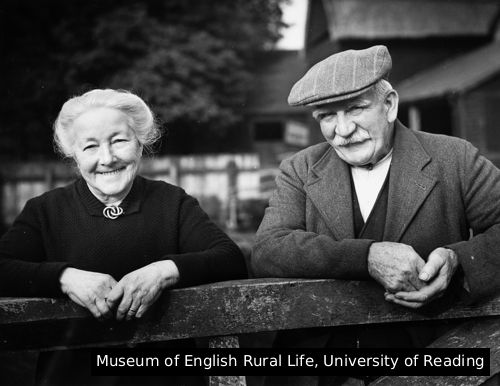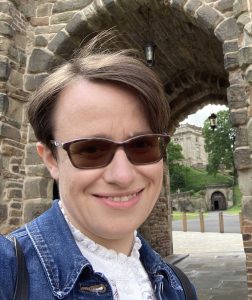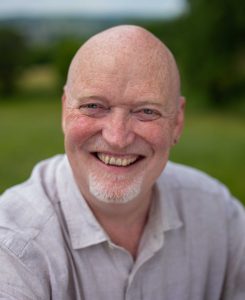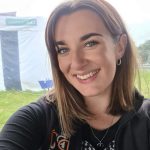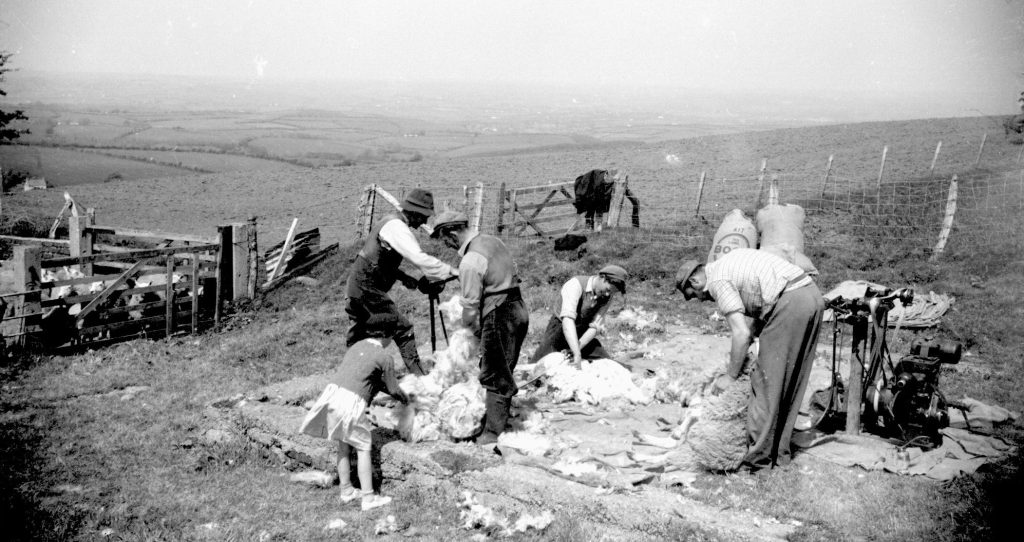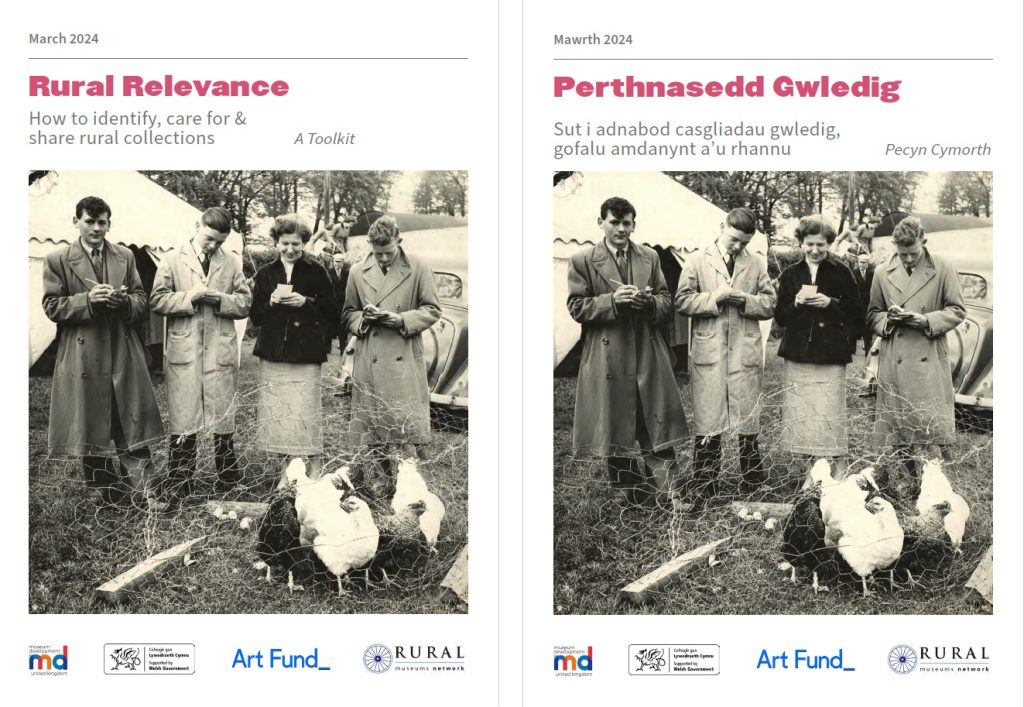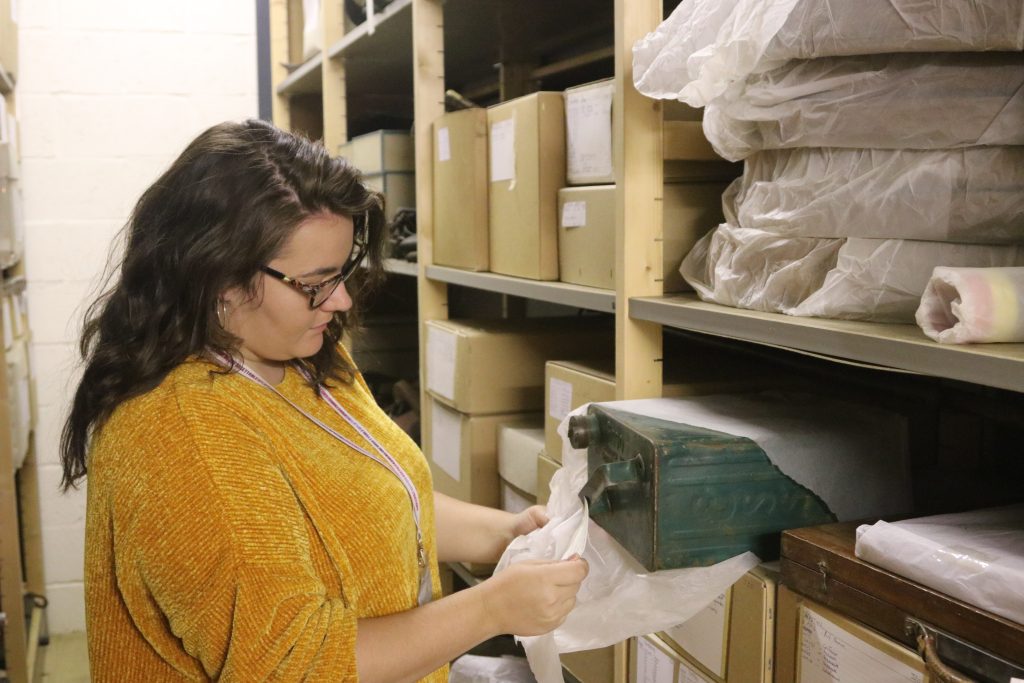
Image credit: the Food Museum
In December 2025, we invited everyone to join us to hear how two RMN member organisations are approaching Audit and Rationalisation in their museums – one at the start of their journey with small objects, the other further through but with larger items.
The Ulster Folk Museum (UFM) began collecting many years before the creation and opening of the UFM in 1964 to the public. Initially a department of Folk Life within the Ulster Museum, the museum opened with a large collection already. The museum’s collection grew to include many original vernacular buildings which needed to be furnished authentically. Many decades without a collecting policy led to very limited storage and collections which do not fit in with their current and potential future needs. They need radical rationalisation!
The Food Museum recognised that it had a collection that had been growing since the 1950s, with poor documentation and deteriorating storage. To keep the museum relevant and ensure that visitors discover something new and are challenged during their visit it was essential to get the back of house in order. With 40,000 objects, a small staff team, a global pandemic and water coming through the roof, they had to find a way to record and make their collections knowledge accessible so they could develop the museum for the future.
This included:
- Mass involvement of remote volunteers from around the world
- Going digital; putting their card index online and photographing their collection
- Carrying out a collections audit, starting with objects larger than a chair
- Reviewing and returning loans
- Investing in their research
- Public communication, explaining difficult choices
Top three practical tips to take away from the session:
- How to break down a daunting project and make positive change OR You’ve got to just start!
- Auditing your collection takes far more time than you could imagine, but each time you learn something about your collection is a massive step forward
- Thinking about volunteering differently made this project possible
This session was hosted by Lisa Harris, Collections Manager at the Food Museum.
Fiona Byrne is Curator of History at the Ulster Folk Museum which has over 60,000 objects in its Folk Life collections. Fiona looks after the Irish domestic folk collections at UFM which includes the vernacular furniture, dresser and hearth ware. The Folk Life collection also has objects relating to traditional folk crafts, music, culture, tools and agriculture.
Katherine Bridges is Curator at the Food Museum. She curates the changing exhibition programme, supports the community exhibition space and helps to lead collections documentation and research projects. She has previously worked for the National Trust as Project Conservation Lead for the Raise the Roof project at Oxburgh Hall.
Lisa Harris is Collections Manager at the Food Museum. She has responsibility for over 40,000 objects (from homewares to steam traction engines), a changing exhibitions programme and redevelopment of permanent displays. She led the restoration of Alton Watermill, enabling the ’seed to sandwich’ story to be demonstrated (and tasted!).
A recording of this seminar is available to view on the Rural Museums Network’s YouTube Channel here>>

